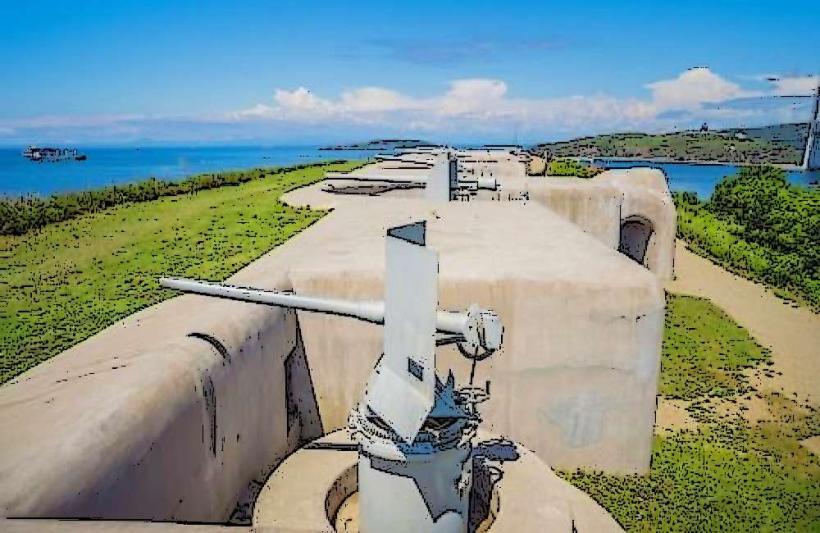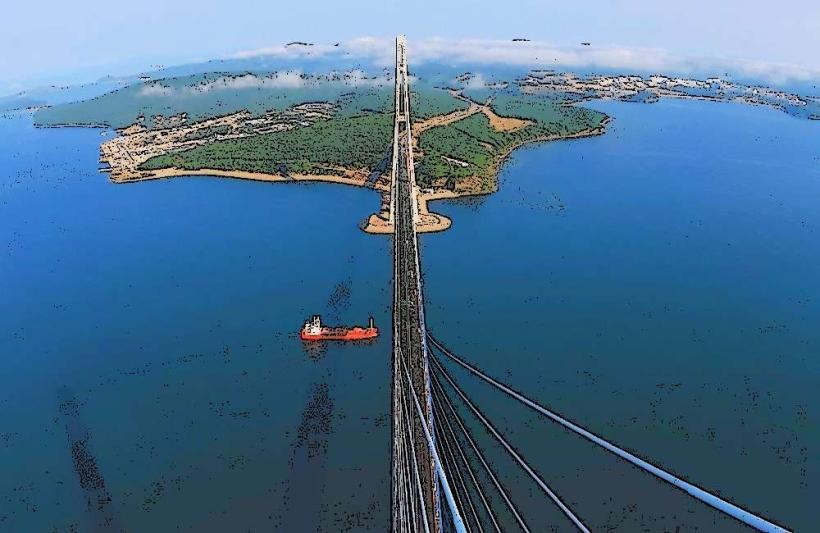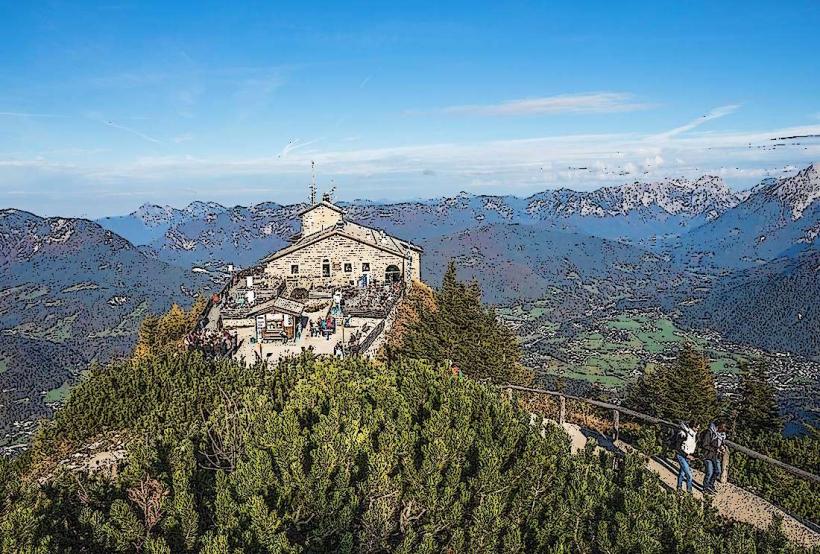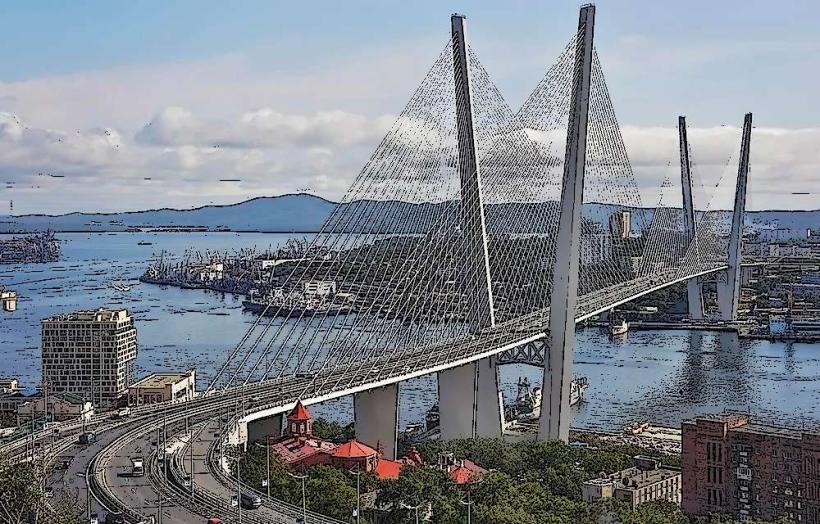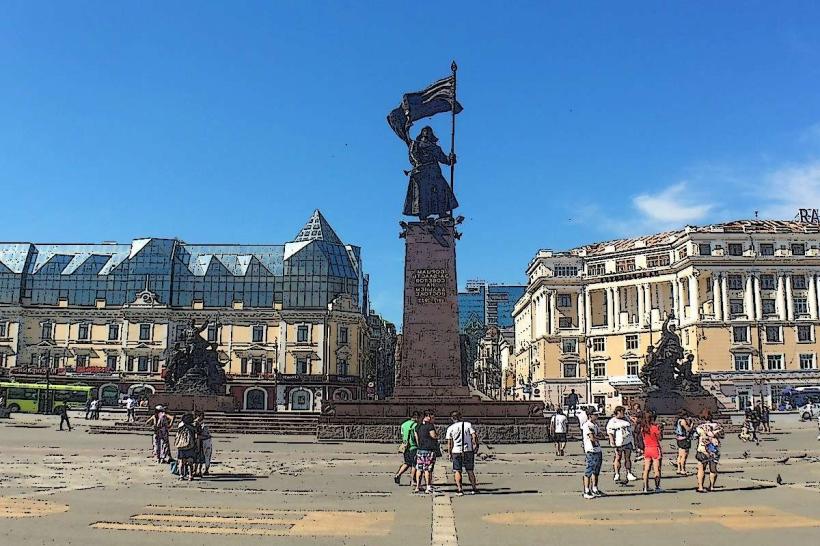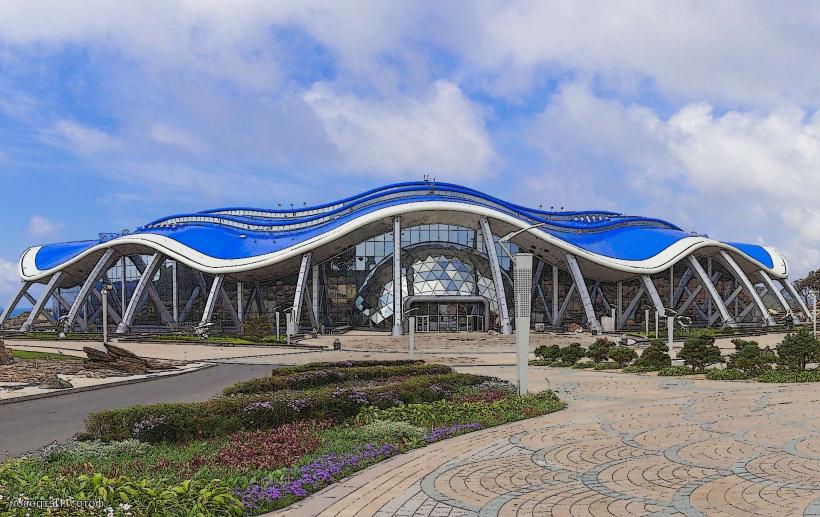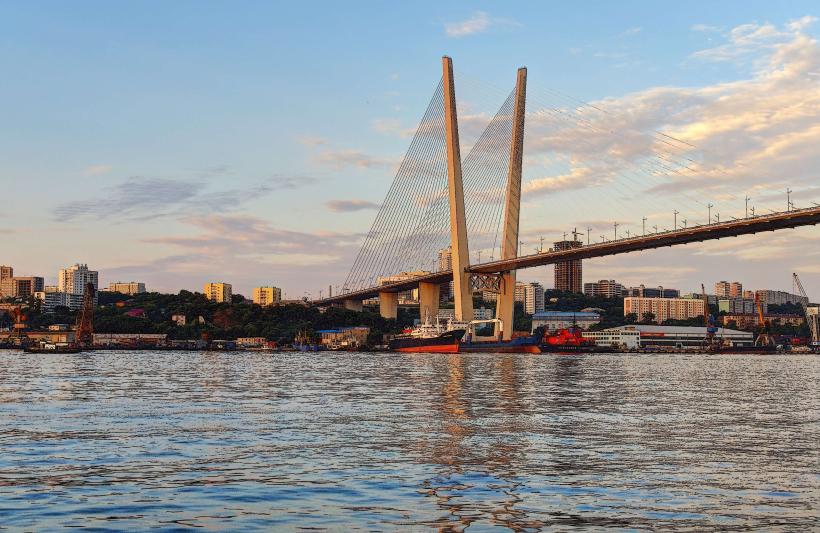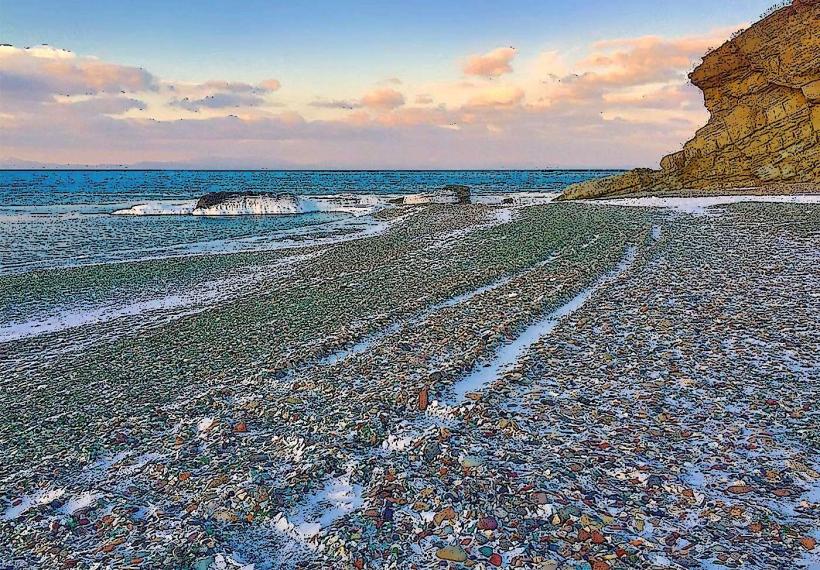Information
City: VladivostokCountry: Russia
Continent: Europe
Vladivostok, Russia, Europe
Vladivostok serves as the administrative center of the Primorsky Krai and the primary headquarters for the Russian Pacific Fleet. It is situated on the Muravyov-Amursky Peninsula, surrounded by the Sea of Japan, and marks the eastern terminus of the Trans-Siberian Railway.
Historical Timeline
Founded in 1860 as a military outpost after the Treaty of Aigun, its name translates to "Ruler of the East." It became a major naval base and was closed to foreigners from 1958 until 1992. In 2012, the city underwent massive redevelopment for the APEC summit, which introduced the landmark cable-stayed bridges. In 2026, the city is a focal point for Russia's "Pivot to the East," emphasizing trade with Asian markets to mitigate Western sanctions.
Demographics & Population
The population is approximately 600,000 as of 2026. The demographic is roughly 92% ethnic Russian, with small minorities of Uzbeks, Ukrainians, Koreans, and Chinese. Despite its location in Northeast Asia, the cultural and architectural profile remains distinctly European.
Urban Layout & Key Districts
The city is built on rugged, hilly terrain overlooking the Golden Horn Bay (Zolotoy Rog).
Tsentralny (Central): The historic core containing the railway station and Svetlanskaya Street.
Pervomaysky: Southern industrial and residential district connected by the Zolotoy Bridge.
Russky Island: A former military zone now housing the Far Eastern Federal University (FEFU) and the Primorsky Aquarium.
Top City Landmarks
Zolotoy (Golden) Bridge: A massive cable-stayed bridge spanning the Golden Horn Bay.
Vladivostok Railway Station: The 9,288 km marker of the Trans-Siberian Railway.
S-56 Submarine Museum: A WWII-era submarine permanently docked on the shore.
Russky Bridge: One of the world's longest cable-stayed bridges, connecting to Russky Island.
Eagle's Nest Hill: The highest point in the city center, offering a panoramic viewpoint.
Transportation Network
Movement is primarily handled by buses and fixed-route taxis (marshrutkas). Vladivostok has the only remaining funicular in Russia's Far East. The Port of Vladivostok remains a critical hub for imported Japanese and Korean automobiles. Taxis are best booked via the Yandex Go app. Vladivostok International Airport (VVO) serves as the primary air link, though 2026 flights are limited mostly to domestic routes and Asian hubs (China, Thailand).
Safety & "Red Zones"
Travel advisories from Western nations (US, UK, Australia) remain at "Do Not Travel" in 2026. Foreigners are at risk of arbitrary detention and harassment by security services. Public political activity is a "red zone" and will result in arrest. Avoid military zones and the border areas with China and North Korea. Traditional petty crime is low, but be vigilant in the Millionka (historic Chinatown) area after dark.
Digital & Financial Infrastructure
Foreign-issued Visa and Mastercard cards do not work. Foreigners must use cash (RUB) or obtain a local MIR card. Internet speeds are high (100+ Mbps), but Western social media and news platforms are blocked, necessitating a VPN. Biometric registration is required for local SIM cards.
Climate & Air Quality
The city has a monsoon-influenced humid continental climate. Winters (December–February) are dry and extremely cold ($−12^{\circ}\text{C}$ to $−20^{\circ}\text{C}$), aggravated by strong sea winds. Summers are mild and often foggy ($18^{\circ}\text{C}$ to $24^{\circ}\text{C}$). Air quality is generally high due to the coastal location, though the central basin can experience localized smog during peak traffic.
Culture & Social Norms
Social standards are professional and influenced by maritime traditions. Tipping of 10% is expected. Handshakes are standard for men; women are often greeted verbally. There is a strong local "car culture" due to the volume of Asian imports. Public consumption of alcohol is illegal.
Accommodation Zones
Svetlanskaya/Aleutskaya: Stay here for maximum walkability to the station and central landmarks.
Russky Island: Stay here for modern university-adjacent facilities and a resort-like atmosphere.
Local Cost Index
1 Espresso: 230 RUB ($2.50)
1 Standard Lunch: 800 RUB ($8.75)
1 Litre of Petrol: 64 RUB ($0.70)
Nearby Day Trips
Glass Bay (Steklyannaya): A beach where the "sand" consists of sea-smoothed glass shards (20 km).
Land of the Leopard National Park: 150 km (2.5 hours) for wildlife tours.
Ussuriysk: 100 km (1.5 hours) for a smaller, traditional regional city experience.
Facts & Legends
A verified historical oddity is that the city’s funicular was built in 1962 following Nikita Khrushchev’s visit to San Francisco, as he wanted Vladivostok to become the "Soviet San Francisco." A prominent local legend concerns the "Millionka Tunnels," a rumored labyrinth beneath the old Chinatown used by 19th-century triads for smuggling and escaping the police. The city also features a "Ghost of the GUM" legend-a spectral lady said to haunt the historic department store.

